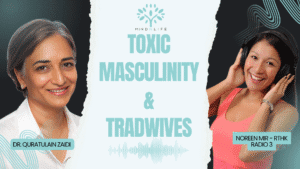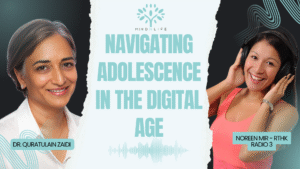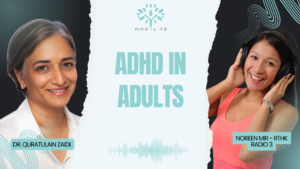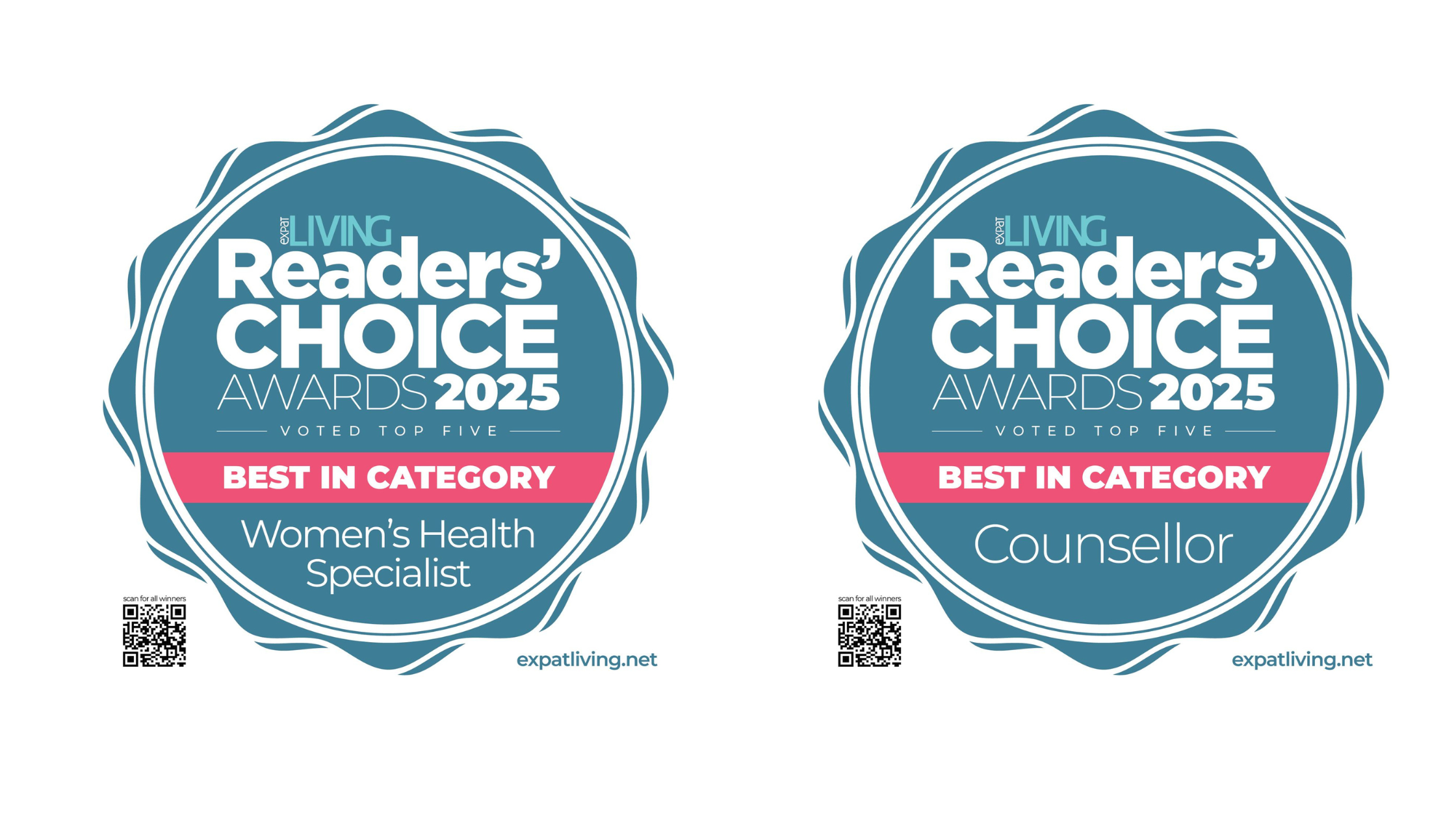Humans have emotions for a reason. Some emotions keep us safe, social and on a certain life path. Anger is an emotion that tells others, “don’t mess with me,” or “I want to feel in control.” Anger helps us to feel powerful and it can motivate us. Anger is not a problem, but how we react to it can be.
- Change the psychological meaning from anger to disappointment. Disapointment is a healthier way to acknowledge that something did not turn out the way you expected or desired. When we are disappointed it is easier to respond instead of react. When we can respond in an objective manner we have more control over a situation.
- Where and when do you feel out of control? When we acknowledge and accept the situations where we feel out of control, we can respond to them better. We might feel out of control if we can’t have the partner, job or social status we desire. We can understand that our feelings of anger can be used in a positive way to motivate us to attend to our goals. Anger becomes destructive when we become aggressive and sabotage our relationships and career opportunities.
- Your focus is on external validation. When we are constantly seeking the validation of others, we might be more sensitive to rejection. The feeling of rejection might anger us and cause conflict in our relationships. Focus on your goals and needs and how you can reach internal validation and confidence.
- You have been abused. People who have been abused might unconsciously feel that they need to be aggressive towards others before someone hurts them first. Anger and violence is a way to feel in control and to control the other person. Anger can even be directed towards yourself and self-loathing can take place. Be aware of who is safe and unsafe in your environment. Work on creating a safe space for yourself both physically and psychologically. When this becomes overwhelming or difficult, a professional can walk you through this process.
- De-stress. Sometimes we feel agitated and angry when our stress levels are too high and we are out of balance. Focus on taking some stress out of your life by going into nature, meditating, playing sports or by spending time with friends.
Dr Monica Borschel is a US-trained Clinical Psychologist who specialises in loss and attachment. Reach out to Dr Borschel: [email protected]
Facebook: https://www.facebook.com/mindnlife/
Website: https://www.mindnlife.com/hong-kong-therapists
[ess_post]







